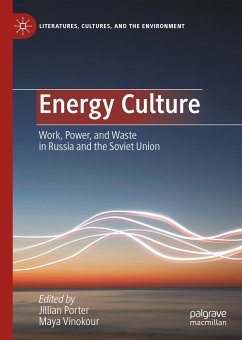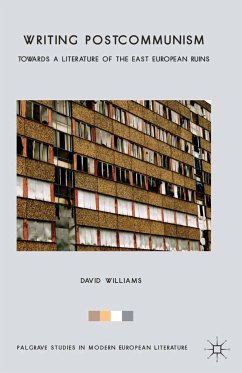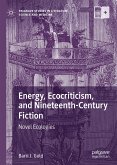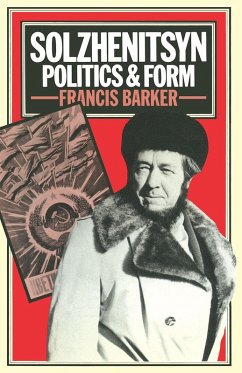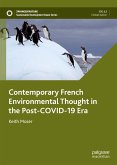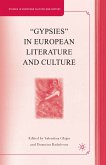Jillian Porter is Associate Professor in the Department of Germanic and Slavic Languages and Literatures at the University of Colorado Boulder, USA. She is the author of Economies of Feeling: Russian Literature under Nicholas I (2017) and has published essays on money, commodities, and the queue in Russian and Soviet literature and cinema.
Maya Vinokour is Assistant Professor in the Department of Russian and Slavic Studies at New York University, USA. She studies Stalinist labor culture, late-Soviet science fiction, and post-Soviet media.
Dieser Download kann aus rechtlichen Gründen nur mit Rechnungsadresse in A, B, BG, CY, CZ, D, DK, EW, E, FIN, F, GR, HR, H, IRL, I, LT, L, LR, M, NL, PL, P, R, S, SLO, SK ausgeliefert werden.
"The chapters make for an energizing read and present ideas and approaches that will inspire anyone interested in energy humanities, or literary and cultural history of Rus- sia and the Soviet Union. Rather than reproducing ecocritical approaches that developed from other (largely Anglophone) aesthetic and cultural traditions, this book confidently suggests that study of Russian and Soviet energy culture might lead to modifications in existing approaches." (Lily Scott, Slavic & East European Journal, Vol.67 (4), 2023)
"The volume's thirteen chapters are arranged chronologically and draw from multiple disciplines. One of its strengths is the capacious definition of 'energy culture.' ... Given the prominence of Russia and the former Soviet states on the global and energy-industrial stage, Energy Culture is a valuable primer on the energy conflicts, infrastructures, and cultures that will continue to radiate from this part of the world." (Isabel Lane, ISLE - Interdisciplinary Studies in Literature and Environment, Vol.30 (4), 2023)

